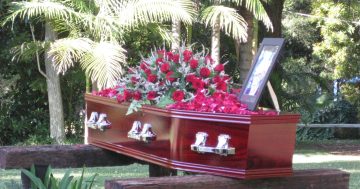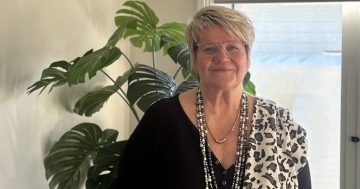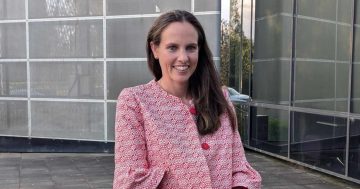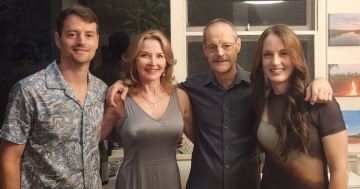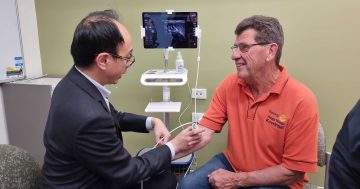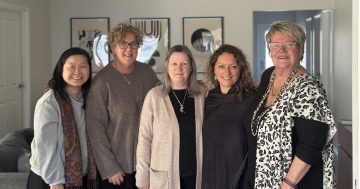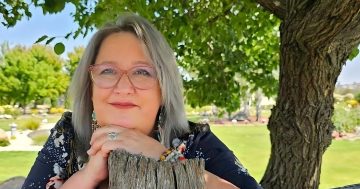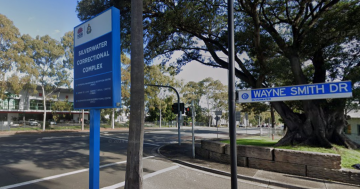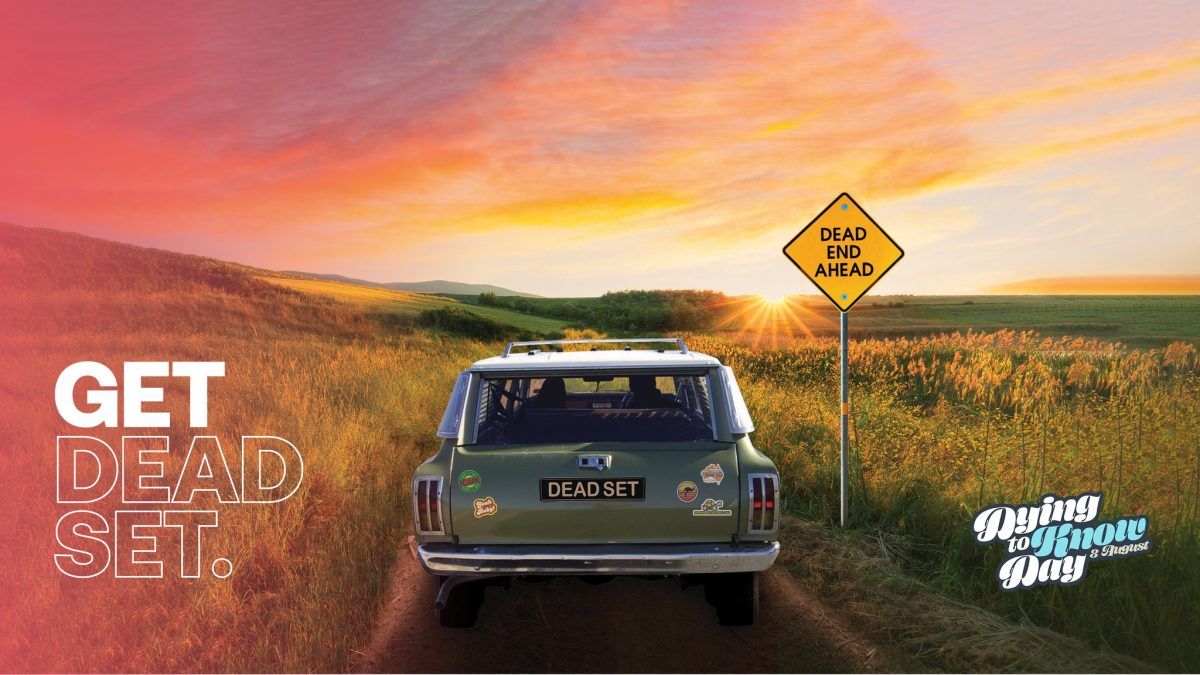
The Groundswell Project is the organiser of D2K Day, and encourages Australians to host an event to help normalise conversations about death, dying and loss in your home, community or workplace. Photo: The Groundswell Project.
In the wake of necessary pandemic restrictions – which impacted the ability of Australians to see dying loved ones, arrange or attend important rituals, and see friends and family for support – the benefits of end-of-life planning have never been clearer.
Despite about 70 per cent of deaths being expected, just over half of Australian adults still don’t have a valid will in place.
In addition, more than 70 per cent of Australians want to die at home, but only 14 per cent actually do – because of a lack of the proactive planning required.
However, research also indicates Australians still believe conversations about death are important.
Dying to Know Day (D2K Day), held on Monday, 8 August, is an annual campaign that empowers Australians at all stages of life to become more ”death literate” by learning how to make informed and compassionate end-of-life choices.
D2K Day aims to bridge this gap by improving death positivity in individuals, communities, healthcare workers and other professionals through local and community events.
Cherelle Martin, Dying to Know campaign manager at The Groundswell Project Australia, said that not talking about death and dying was a significant obstacle to caring and grieving.
“The pandemic has brought death and mortality to the fore of our collective consciousness like never before. This is an opportunity to continue to strengthen our collective approach to these important matters,” Cherelle said.
“Death is often over-medicalised and institutionalised, and our superstitions, fears and lack of knowledge about dying affect our approach to end of life.”
This year’s theme, ”Get Dead Set”, invites Australians to overcome their discomfort around death and to take action on end-of-life planning in a way that is right for them.
By being ”dead set”, Australians can have conversations to ease the anguish of loved ones through the distress, uncertainty and finality of death, have a ”good” death that reflects what mattered in life, have their lives celebrated and leave a legacy that is consistent with our wishes.
Tara O’Sullivan, MLHD palliative care stream manager, said her team was ready to ”Get Dead Set” and support D2K Day.
“Death is a natural thing which happens to all of us and it is important to address the fear and hesitancy we sometimes have around end-of-life planning,” Tara said.
“Every person’s priorities, plans and wishes are unique and our team is helping to raise awareness around ‘death literacy’ in our community, which will lead to better end-of-life care for us all.”
Josh Paul, lead funeral director of Alan Harris McDonald, recommends taking small steps.
“My main message to people is not to be scared of the conversation,” Josh said. ”Around 90 per cent of adults say that talking to their loved ones about their end-of-life wishes is important, but only 27 per cent have actually had these conversations.”
The Wagga funeral business is the longest established in the city, and has previously been involved with the event.
Josh said he looked forward to collaborating with The Groundswell Project again to raise awareness about how simple and effective it can be to have these conversations.
“Death and dying has always been a taboo subject. Opening doors of communication with loved ones is the best thing you can do,” he said.
Some tips to “Get Dead Set” are to:
- Capture your choices in writing – a will, substitute decision maker, or guidance on your social media or organ donation. This could be as simple as a text or scribble on a serviette to start.
- Have meaningful conversations with friends and family so they understand your wishes – and you understand theirs.
- Prepare your send-off – share what you want it to look like so you can be celebrated and remembered in line with your intentions.
The community is encouraged to join the conversation and share experiences via social media using the hashtag #GetDeadSet and #DyingToKnowDay. Don’t forget to tag @D2KDay on Facebook and Instagram.
To find an event or access support for your end-of-life planning journey, click here.







